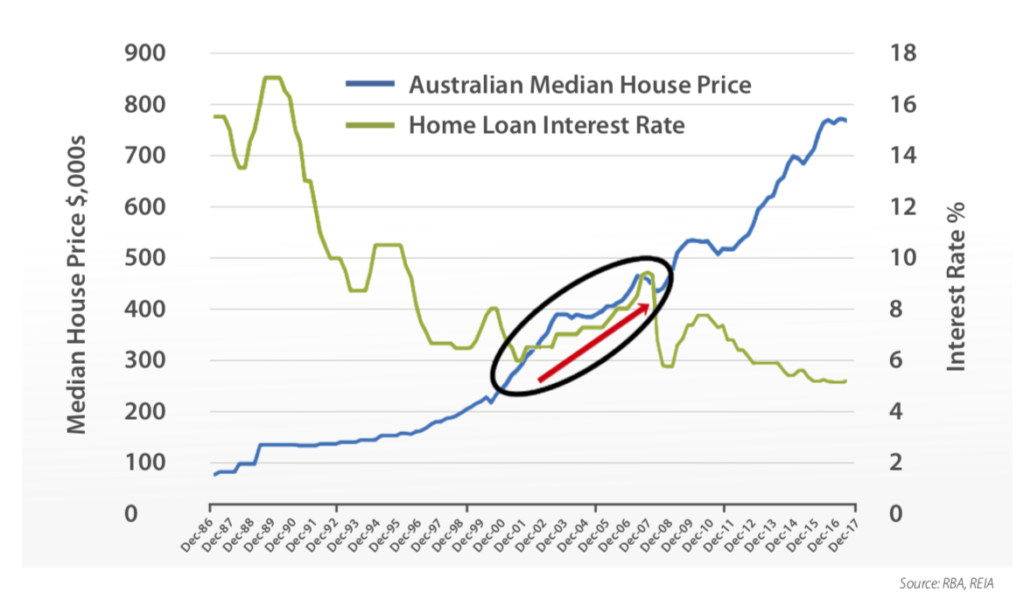We can understand the hesitation some may have when it comes to property investment in our current property and financial market.
While some homeowners are struggling with higher mortgage repayments, others are managing quite well with high incomes, paying lots of tax and having heaps of equity in their homes ready to use for investing.
Concerns new investors may have could be:
- What if I purchase a property and the property market crashes?
- What if I can’t manage the mortgage?
- What if I can’t find a tenant?
- Will I lose my house?
All very good questions and concerns by the way.
Most of our long term and experienced property investors understand that:
- Wisely and well researched property considered for investment increases over time.
- A property ‘crash’ is something the media likes to hype about and typically ends up as a blimp over a short period of time. Remember, we had economists predicting a property crash during Covid-19 and the exact opposite happened.
- Opportunities typically come in stressed times. So prepare for this in advance.
There is always great property to invest in if you know what you are trying to achieve, where to look and what to look for.
Remember, different states across Australia perform at different times in the property cycle. So it does not always make sense to buy in your own state.
Good property investment tends to follow these principles if you buy:
- In the right stage of the property cycle
- In the right state
- In the right suburb
- In the right location
- The right property
- At the right price Vacancies are at an all time low.
If you previously had the opportunity to invest in property, then you should not see any vacancy period for a while if you bought in the right suburbs. Rents are increasing – that will help pay the mortgage.
We are now back in an environment of it being cheaper to rent than to own your own home. According to the PropTrack Buy or Rent Report [June 2022], 69% of dwellings across Australia are currently cheaper to rent than own.
What does this mean?
More people may consider renting instead of buying their first home or becoming a rentvestor 1.
Good investment decisions are made around supply and demand.
And when demand is high for rental properties, and less of them are available, who wouldn’t want to be a landlord?
By the way, did you know there is no historical evidence to suggest that a rise in interest rates will necessitate a fall in house prices?
In fact, the real data shows this to be the exception rather than the rule.
It might trend down for a short period of time, but our good old property market is resilient and always comes through for those who can wait it out.
The last time interest rates increased rapidly was from 2001-2007. If you look at the chart below, you can see that with increasing interest rates, property prices increased at a similar pace. And then kept going.

Sure, there will be a few dips along the way, and that is simply part of the property cycle. But you only need to worry about the dips if you are forced to sell in that part of the cycle. Most cycles do not dip for extended periods, with our help investors learn how to plan for it and wait it out.
We understand that property investment isn’t for everyone. So, if you are not sure or sitting on the fence, let’s have a chat if you think you might be in a position to consider it. We can determine your borrowing capacity, so if the right opportunity falls into your lap you will be in a position to consider it.
Please remember, this content should not be considered as investment advice or a strategy you should consider on your own. Always seek professional advice before making any investment decisions.
Sources
1 Rentvestor – a strategy where an individual buys a property that fits their budget and rents it out while they rent somewhere else that may better suit their lifestyle.

